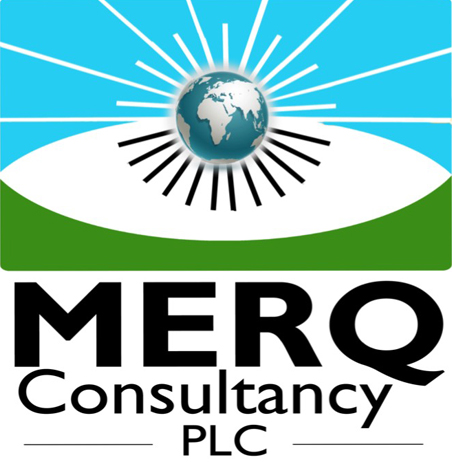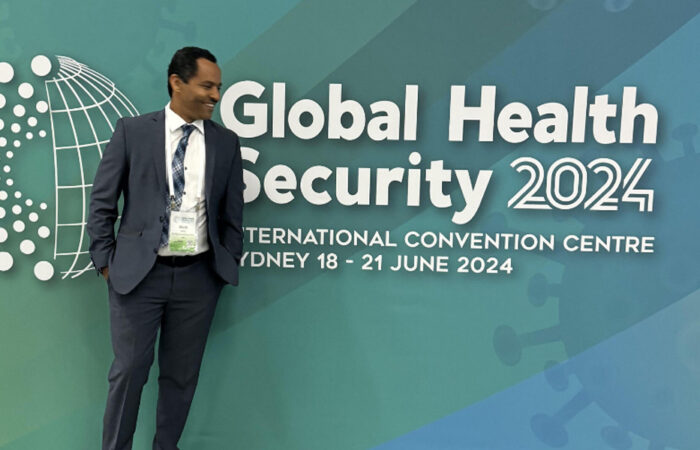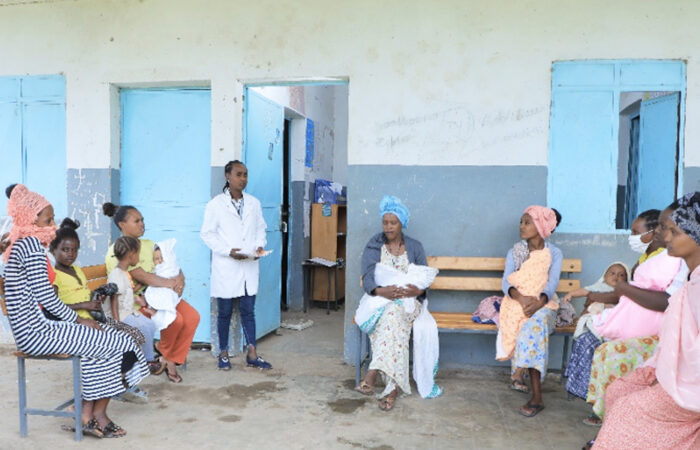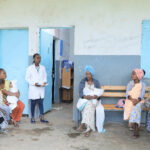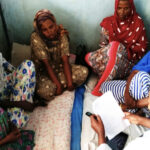
The COVID-19 pandemic and armed conflicts in Ethiopia has led to long school closures that resulted in the country experiencing some of the highest learning losses globally. School closures exacerbated educational inequities and contributed to increased student dropouts. Recovering the lost learning requires substantial investments and interventions to help students catch up academically and continue their education.
In collaboration with the Ministry of Education and the World Bank, Ethiopia Reads implements Read@Home. The project aims to improve preschool children’s learning and reading during situations that result in learning loss in five of the conflict-affected regions namely Tigray, Afar, Amhara, Oromia, and Benishgul Gumuz regions. Read@Home plans to deliver reading, learning, and play materials to hard-to-reach homes in local languages and provide training to parents and caregivers to help them play a critical role in supporting their children’s learning.
Through funding from the World Bank, MERQ is undertaking implementation research using a quasi-experimental study design in four selected woredas to inform the Read@Home project, to address the following specific objectives:
- Investigate the contribution of the project in improving caregivers’ knowledge, attitude and practice towards storybooks and reading/storytelling to their children.
- Document parents’/caregivers’ experience on engaging in stimulating reading for their children and the factors that enable and/or hinder their propensity to make best use of the storybook and other early stimulation activities.
- Document the program’s implementation and identify what have been the enabling and challenging factors for the program’s success.
We at MERQ understand the profound effect school closures have on exacerbating educational inequities which can translate into a major setback for Ethiopia’s education system and economy, as the loss in workforce skills could impact economic growth for years to come. Through its involvement in the Read@Home project, MERQ will collaborate with stakeholders and beneficiaries to generate a robust evidence base to bridge the gap between policy and practice.
